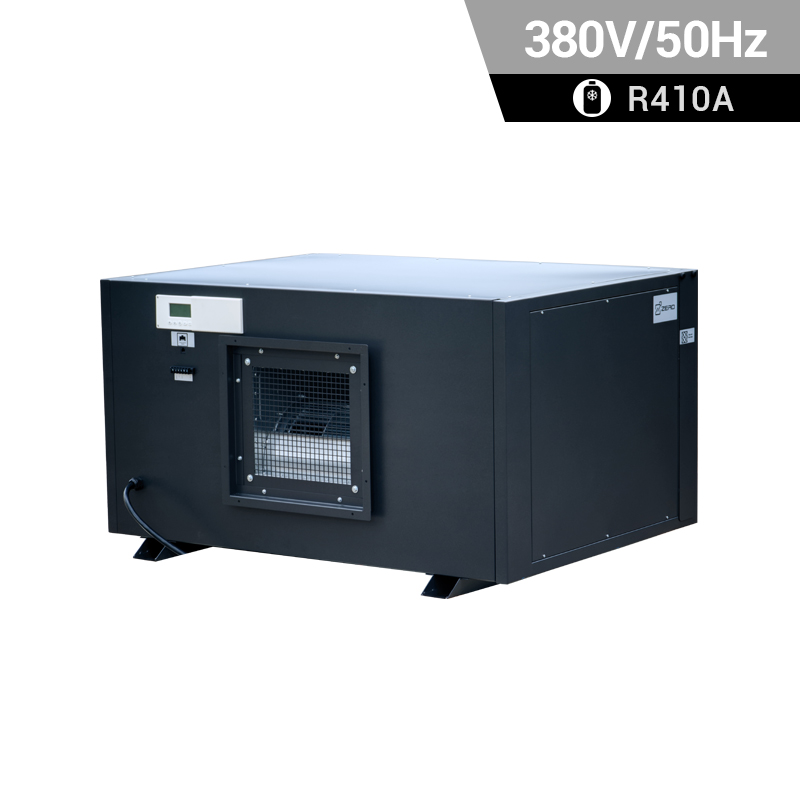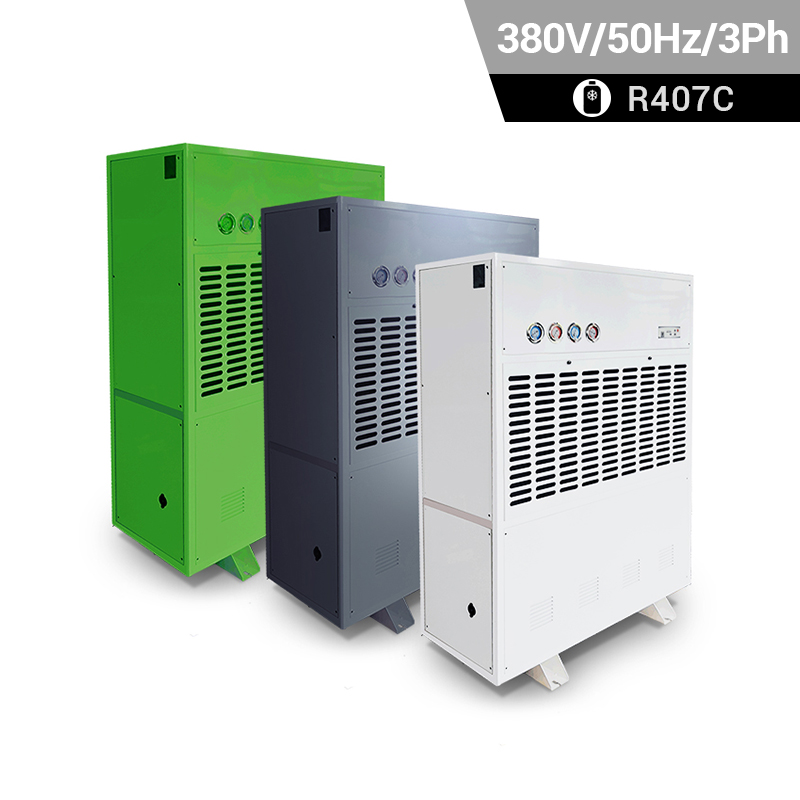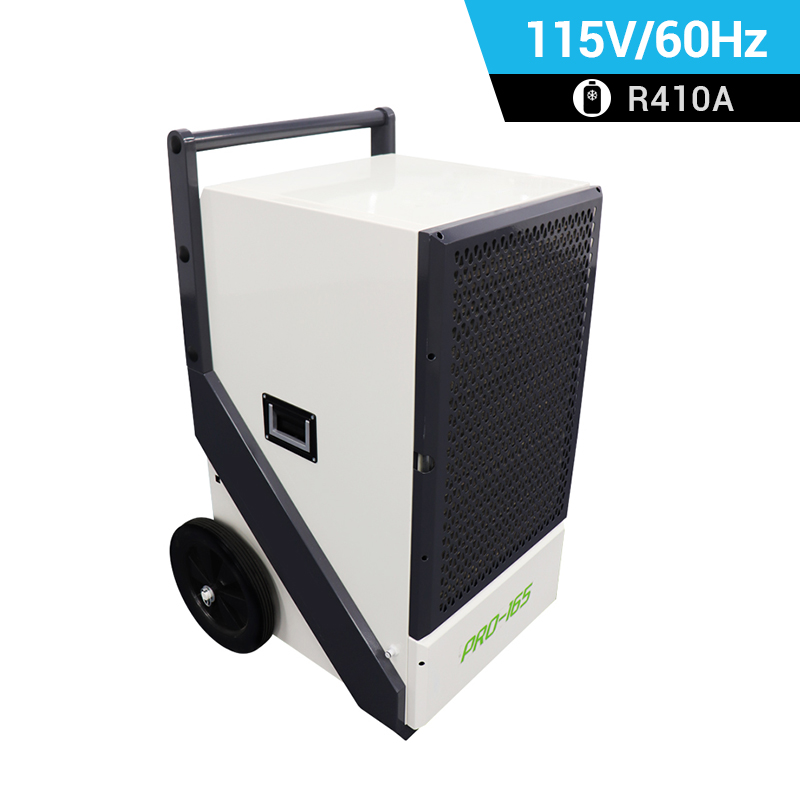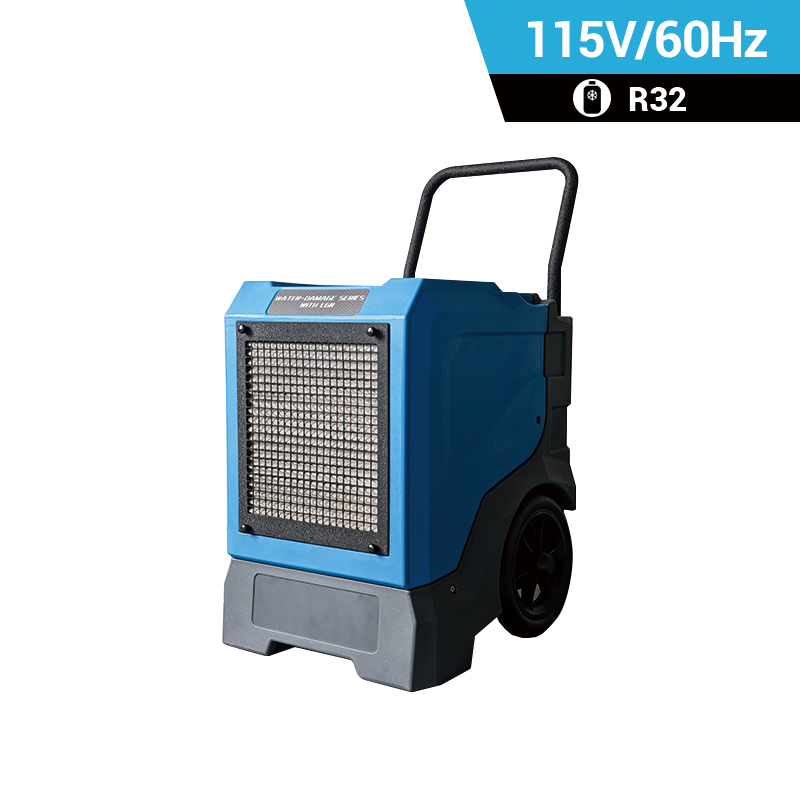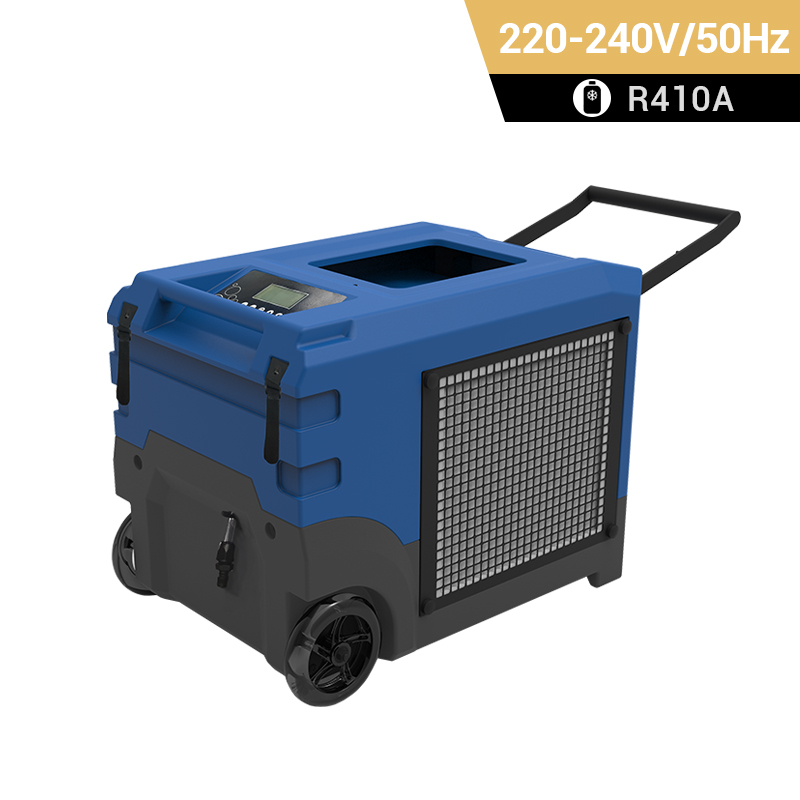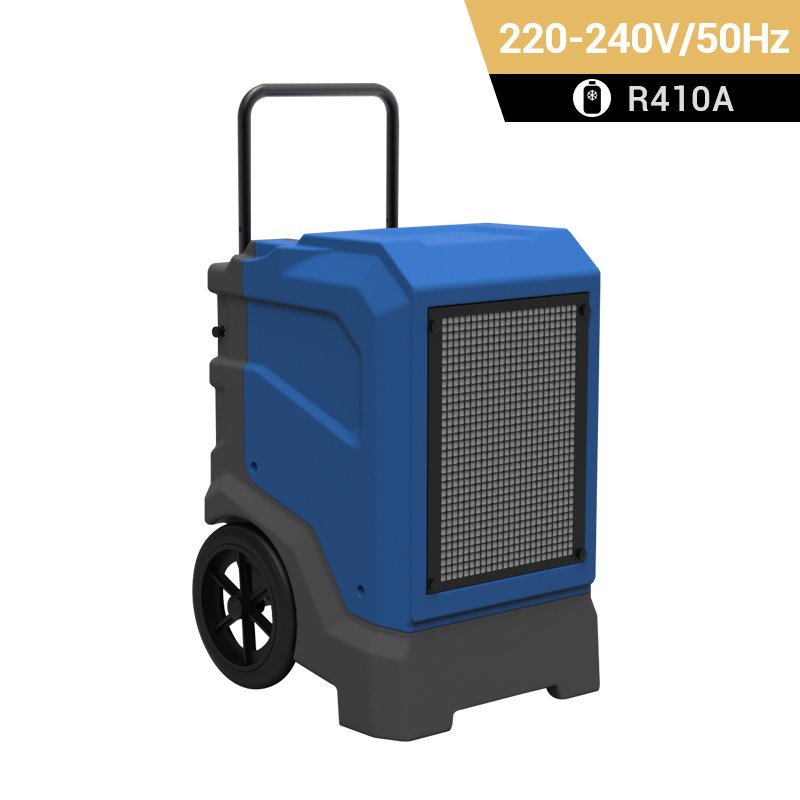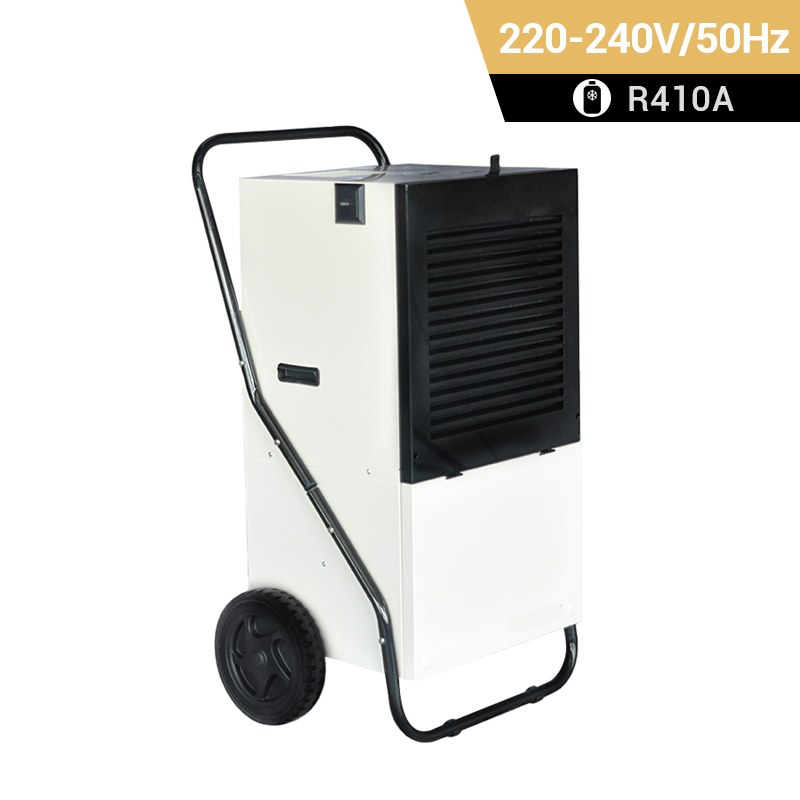 +86-13376814803
+86-13376814803  robert@hzhongtai.com
robert@hzhongtai.com
Industrial Dehumidifier Cost
Industrial dehumidifiers play a crucial role in various industrial settings by controlling and reducing humidity levels. The most important features of industrial dehumidifiers include:
-
Capacity: Industrial dehumidifiers come in various capacities to suit different spaces and moisture removal needs. The capacity is usually measured in pints or liters of moisture removed per day.
-
Humidity Control: Precise humidity control is essential for many industrial processes. Look for dehumidifiers with adjustable humidity settings and the ability to maintain a specific relative humidity level.
-
Airflow and Coverage Area: Consider the airflow rate and the maximum area the dehumidifier can cover. Adequate airflow ensures efficient moisture removal and uniform humidity control throughout the industrial space.
-
Portability and Installation: Some industrial dehumidifiers are designed to be portable, making it easier to move them around as needed. Others may be permanently installed in specific locations. Choose a design that suits the requirements of your industrial facility.
-
Durability and Construction: Industrial environments can be harsh, so a durable and robust construction is crucial. Look for dehumidifiers made of corrosion-resistant materials, and consider models with features like coated coils to resist damage. Preair has high-quality wholesale industrial dehumidifiers. Email us to know more details and get a competitive price.
-
Energy Efficiency: Energy efficient dehumidifiers can help reduce operational costs. Look for models with Energy Star certification or other energy efficiency ratings.
-
Defrosting Mechanism: In cold environments, frost can build up on the coils of a dehumidifier, reducing its effectiveness. Dehumidifiers with automatic defrosting mechanisms can help prevent this issue.
-
Condensate Removal: Industrial dehumidifiers collect moisture in a condensate tray or bucket. Some models have built-in pumps to remove collected water automatically, while others may require manual emptying. Choose a system that fits the logistics of your facility.
-
Filter Systems: Air quality is important in industrial settings. Some dehumidifiers come with filters to remove dust, allergens, and other particles from the air. Consider the type of filter and how easy it is to clean or replace.
-
Digital Controls and Monitoring: Advanced control panels with digital displays and programmable settings provide convenient operation. Some models may also offer remote monitoring capabilities, allowing you to check and control the dehumidifier remotely.
-
Noise Level: Depending on the industrial environment, the noise level of the large scale dehumidifier may be a consideration. Look for models with lower decibel ratings if noise is a concern.
-
Safety Features: Industrial dehumidifiers should include safety features such as automatic shut-off when the condensate tray is full, as well as protection against electrical issues.
Related Products






